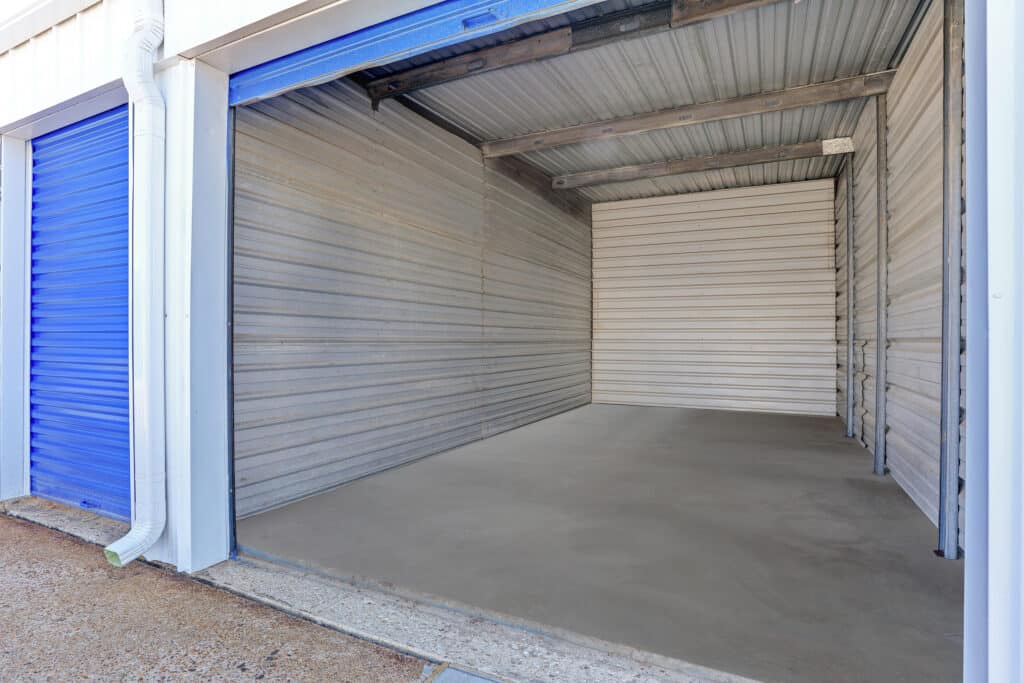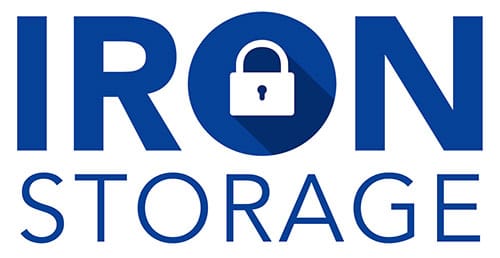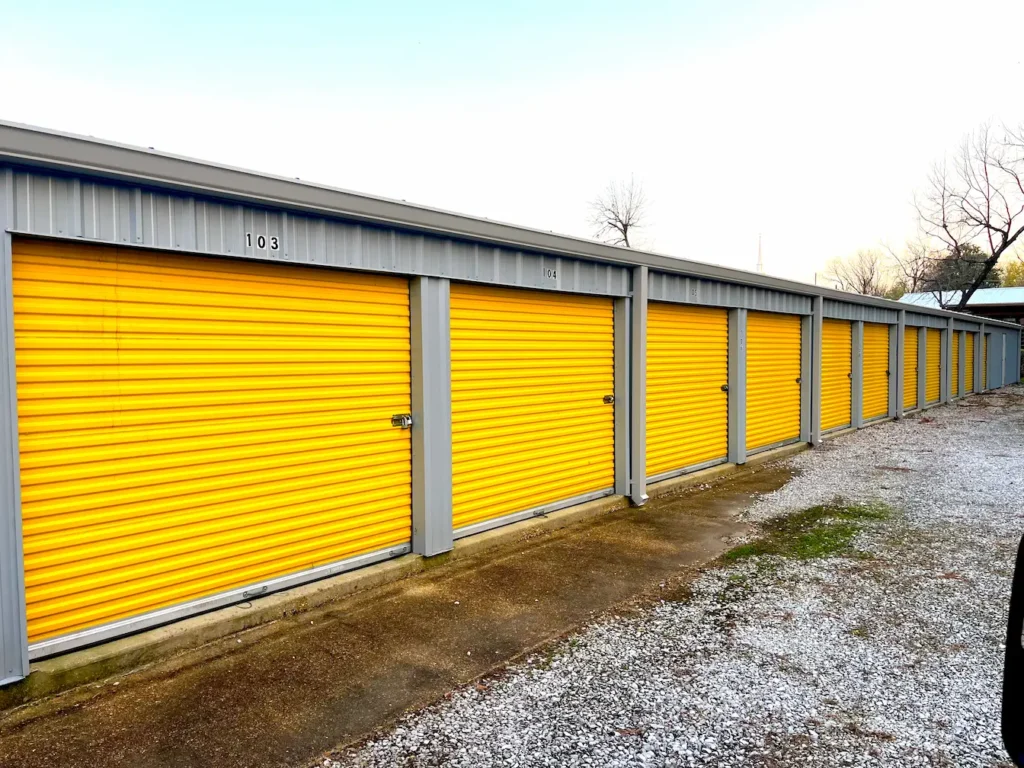Living in a storage unit is not only illegal in most places but also poses significant health and safety risks. Despite its attractive economic appeal for some, the idea of dwelling in a storage unit raises numerous ethical, legal, and practical concerns. In this article, we will delve into the various reasons why you can’t live in a storage unit.

Legal and Regulatory Restrictions
Zoning Laws and Property Use
One of the primary reasons why living in a storage unit is not feasible is the existence of zoning lasws and local ordinances. Storage facilities are specifically zoned for commercial or industrial use, and residential occupation is strictly prohibited. These zoning laws are put in place to maintain the safety and integrity of communities and to prevent unauthorized, unsafe residential living arrangements.
Lease Agreements and Contracts
Storage units are governed by lease agreements that explicitly outline the authorized usage of the space. Typically, these contracts explicitly prohibit using the unit for residential purposes. Violating these contractual agreements can lead to legal consequences, including eviction from the unit and potential legal action from the storage facility.
Building and Fire Codes
Health and safety regulations, along with building and fire codes, dictate the standards for occupancy in residential, commercial, and industrial spaces. Storage units are not constructed or equipped to support human habitation, meaning they fail to meet the necessary safety requirements for human habitation. This can create significant risks to the health and well-being of anyone attempting to live in such a space.
Health and Safety Hazards
Lack of Sanitary Facilities
A fundamental aspect of habitation is access to proper sanitary facilities, including toilets, sinks, and bathing areas. Storage units are devoid of these essential amenities, creating a hazardous and unsanitary living environment. The absence of basic hygiene facilities poses a serious risk to physical health and can lead to unsanitary conditions and the spread of disease.
Inadequate Ventilation
Most storage units have limited or no natural ventilation, leading to poor air quality and inadequate circulation. Prolonged exposure to such an environment can result in respiratory issues, mold growth, and other health complications. Ventilation standards in housing are established to provide a safe and healthy living space, which storage units are not designed to accommodate.
Fire and Safety Hazards
Storage units are not equipped with the necessary safety features to ensure the protection of occupants in the event of a fire or other emergency. With limited ingress and egress points, lack of proper fire suppression systems, and unsafe materials often being stored, the risk of injury or death in the event of a fire is significantly heightened in a storage unit setting.
Security and Crime Risks
Living in a storage unit can expose individuals to increased security risks, including theft, assault, and vandalism. Storage facilities have limited security measures designed to protect stored items, but they are not intended to safeguard individuals residing within the units. This can leave individuals vulnerable to criminal activity and compromise their safety and well-being.
Ethical Considerations
Dignity and Human Rights
Every individual has the right to live in housing that provides a safe, habitable environment that upholds their dignity. Living in conditions that do not meet these basic standards undermines the fundamental rights of individuals and fails to provide a suitable living environment that respects their inherent worth and value.
Community Impact
Illegal occupation of storage units can disrupt the functioning and overall well-being of a community. It can strain resources, pose safety concerns, and create a negative impact on the surrounding neighborhood. Respect for community standards and regulations is essential to foster a safe, harmonious living environment for all.
Practical Considerations
Lack of Amenities and Infrastructure
Storage units lack the essential infrastructure and amenities necessary for comfortable living. Residents have no access to utilities such as electricity, water, or proper waste disposal. Without these fundamental resources, daily living becomes extremely challenging and unsustainable.
Eviction and Legal Consequences
Living in a storage unit puts individuals at risk of eviction, legal action, and potential criminal charges. The repercussions of unauthorized occupation can lead to fines, legal disputes, and a tarnished legal record, thereby jeopardizing future housing options and employment opportunities.
Long-Term Viability
The transient nature of living in a storage unit is not a sustainable, long-term housing solution. It lacks the stability, security, and support necessary for individuals and families to thrive and build a stable foundation for their future.
In conclusion, the concept of living in a storage unit presents numerous legal, health, safety, ethical, and practical concerns. From legal restrictions and health hazards to ethical considerations and practical limitations, the numerous obstacles and risks associated with living in a storage unit are insurmountable. While economic hardship may lead some individuals to consider this option, it is imperative to seek alternative housing solutions that prioritize safety, dignity, and adherence to legal and ethical standards. Instead of resorting to unlawful and unsafe living arrangements, seeking assistance from social services, community organizations, and housing support programs can provide individuals with the help they need to secure adequate, sustainable housing.
Author
-
Arthur Waldmann is the Marketing Director at Iron Storage and a thorough researcher of the self storage industry. Feel free to send any questions his way.
View all posts







